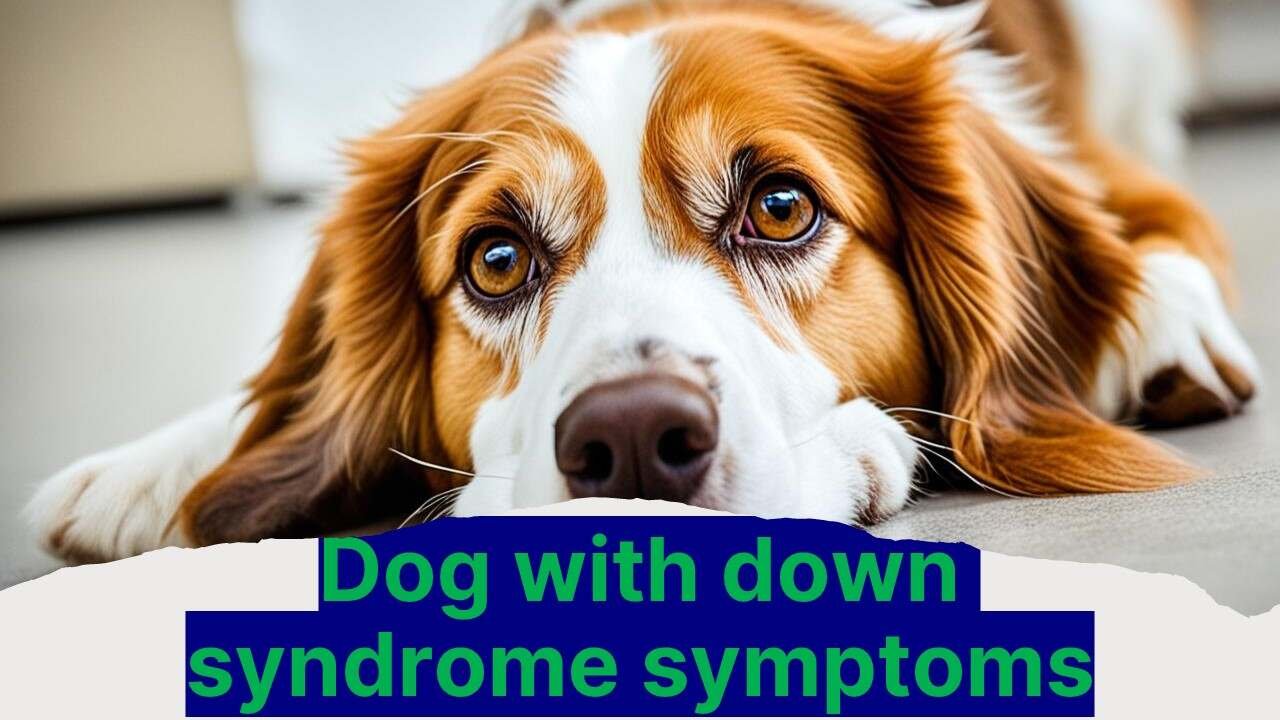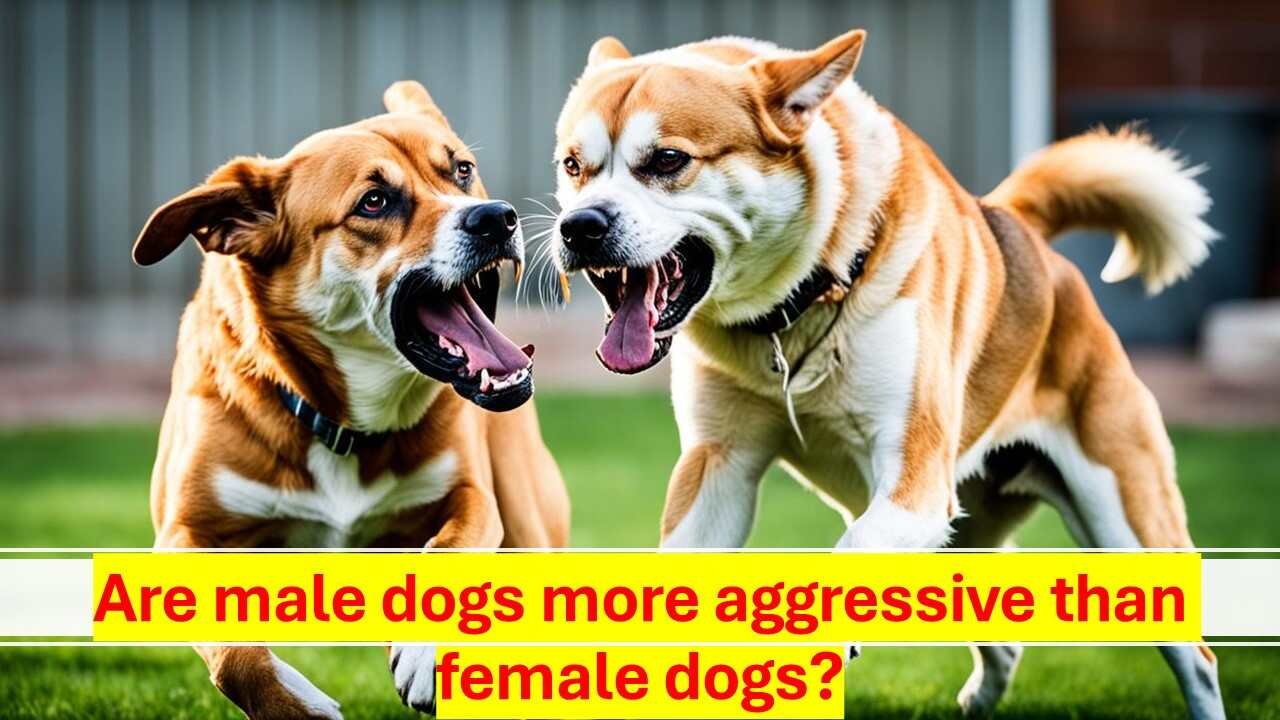Down syndrome is known in humans for causing cognitive delays and certain physical features. However, it doesn’t occur in dogs. Yet, dogs can face congenital conditions that look similar and show similar symptoms.
Key Takeaways:
- Dogs do not have Down syndrome, but they may have congenital conditions with similar symptoms.
- Down syndrome is a genetic condition in humans characterized by cognitive delays and physical features.
- Congenital conditions in dogs may exhibit clinical similarities to Down syndrome, such as poor muscle tone and cognitive delays.
- It is important to seek veterinary attention if you notice any signs of a Down syndrome-like condition in your dog.
- Proper diagnosis and compassionate care can improve the quality of life for dogs with similar symptoms to Down syndrome.
What is Down Syndrome?
Down syndrome happens when a person has an extra copy of chromosome 21. This leads to more genetic material, affecting how they develop and function. It causes cognitive and physical differences, plus health risks.
People with Down syndrome might have delays in thinking, learning, and speaking. These delays can be minor to severe. Yet, with support and the right interventions, they can live meaningful lives.
They may also have some physical features that show they have Down syndrome. These include poor muscle tone, a specific hand line, and a flat face with upward-slanting eyes. It’s key to remember these signs may vary and not everyone with Down syndrome will have them.
This group also faces a higher chance of certain health problems. They could have heart defects, trouble hearing or seeing, thyroid issues, or gut problems. Regular check-ups and proper treatment help manage these issues and keep them healthy.
Remember, Down syndrome affects humans but not dogs or animals. Dogs have their own unique genetics. This means they do not get Down syndrome. They could have other genetic or developmental issues that may look similar but are not the same.
It’s critical we know the difference between Down syndrome in humans and any similar conditions in animals. Understanding these differences helps us provide the best care and support to those with Down syndrome.
Can Dogs Have Down Syndrome?
Dogs cannot have Down syndrome because their number of chromosomes is different from humans. Even though dogs might have issues with their chromosomes, they don’t get Down syndrome.
Humans typically have 46 chromosomes, but dogs have 78. Down syndrome in humans is due to an extra chromosome 21. This extra chromosome leads to the issues with learning, physical traits, and health that we see in people with Down syndrome.
Even though some symptoms look alike, dogs’ chromosomes are different. So, they can’t get Down syndrome. Thus, there’s not much research into identifying Down syndrome in dogs.
Chromosome problems in dogs can make them sick or even cause them to die early. But, it won’t be like Down syndrome as we know it.
“Though dogs can have chromosome problems, they don’t get Down syndrome. The tests done by researchers and vets look for different diseases, not Down syndrome in dogs.”
It’s key for dog owners to know that some dog illnesses might look like Down syndrome but are not the same. A vet’s help is needed to figure out what’s wrong with a dog and how to treat it.
Genetic Testing in Dogs:
Genetic tests for dogs aim to find diseases that dogs can actually get. With technology getting better, vets can run tests that help with a lot of dog health issues, not just Down syndrome.
Tests for Down syndrome don’t exist for dogs since they can’t have it. But, other tests can find many different health problems. These tests can help vets treat dogs in the best way possible.
Such tests give vets important information. This data helps in offering the right care for a dog, based on its own health needs.
| Condition | Description |
|---|---|
| Condition 1 | Description of condition 1 |
| Condition 2 | Description of condition 2 |
| Condition 3 | Description of condition 3 |
Conditions that Look Like Down Syndrome in Dogs
Down syndrome doesn’t happen in dogs. But, some conditions in dogs might look like it, such as congenital hypothyroidism or dwarfism. They may lead to similar traits like intellectual slowness and distinct features.
These conditions could affect dogs physically and mentally. They might have things like delayed growth and issues with thinking. They could also have body traits similar to people with Down syndrome.
Here is a table that shows the key similarities between these dog conditions and Down syndrome in people:
| Condition | Clinical Similarities with Down Syndrome |
|---|---|
| Congenital Hypothyroidism | Delayed growth, poor muscle tone, intellectual disability |
| Pituitary Dwarfism | Short stature, delayed growth, distinctive facial features |
| Congenital Hydrocephalus | Enlarged head, intellectual disability, developmental delays |
| Growth Hormone Deficiency | Short stature, delayed growth, poor muscle tone |
If you see these traits in your dog, get them checked by a vet. They need a proper diagnosis. This will help give your dog the right care.
Signs of Down Syndrome-Like Conditions in Dogs
Some dogs show signs like Down syndrome. They might have dwarf-like and deformed facial and head features. Other signs include poor eyesight, hearing issues, and congenital heart disease. Early signs include random pain, rectal discharges, skin problems, and thyroid issues.
It is crucial for owners to watch their dogs. If owners notice any odd changes, it’s best to see a vet. Vets can then diagnose and treat any possible condition. Here is a list of signs that might show Down syndrome-like conditions in dogs:
- Dwarf-like and deformed facial and head features
- Poor eyesight
- Hearing issues
- Congenital heart disease
- Random pain
- Rectal discharges
- Skin problems
- Thyroid issues
- Behavioral issues
| Signs of Down Syndrome-Like Conditions in Dogs | Description |
|---|---|
| Dwarf-like and deformed facial and head features | Dogs may exhibit facial and head features that are smaller or malformed compared to their breed’s standard. |
| Poor eyesight | Dogs with Down syndrome-like conditions may have impaired vision, which can manifest as difficulty seeing objects or obstacles. |
| Hearing issues | Some dogs with these conditions may experience partial or complete hearing loss. |
| Congenital heart disease | Abnormalities in the structure or function of the heart at birth can be present in dogs with Down syndrome-like conditions. |
| Random pain | Dogs may experience unexplained bouts of pain or discomfort without any evident cause. |
| Rectal discharges | Unusual discharges from the rectum, such as mucus or blood, may occur in dogs with these conditions. |
| Skin problems | Dogs may develop skin conditions such as dryness, rashes, or infections. |
| Thyroid issues | An underactive or overactive thyroid gland can contribute to growth and metabolic problems in dogs. |
| Behavioral issues | Changes or abnormalities in behavior, including anxiety, aggression, or obsessive-compulsive tendencies, may be observed. |
Remember, these signs alone don’t confirm Down syndrome-like conditions. Only a vet can confirm this. They will do a physical exam and other checks. With the right care, dogs with these conditions can still live happy lives.
Other Health Problems with Down Syndrome-Like Symptoms
Besides those similar to Down syndrome, some other issues can show up in dogs. These can be congestive heart disease, congenital hypothyroidism, and congenital hydrocephalus.
Congestive heart disease impacts a dog’s heart and blood flow. It may lead to coughing, trouble breathing, tiredness, and swelling. Without treatment, it can become very serious and affect your dog’s life greatly.
Congenital hypothyroidism is when a dog’s thyroid doesn’t make enough hormones. This can cause issues like slow growth, weak muscles, feeling very tired, and not liking the cold.
Congenital hydrocephalus is a brain condition with too much fluid. Dogs with this may have seizures, press their head against things, trouble seeing, act differently, and be slow to develop.
Seeing a vet for a correct diagnosis and treatment is key for these health problems. They’ll do tests like blood work and scans to find out what’s wrong. Then, they can offer the right care, which might include medicine, surgery, or help to make your dog more comfortable.
It’s important for dog owners to know about these health issues. Knowing the signs and getting the right help can make a big difference in your dog’s life.
Traditional Treatment Options and Challenges

Traditional treatments for dogs that look like they have Down syndrome aim to help them feel better and improve their lives. They include things like pain meds, NSAIDs, therapy, and sometimes surgery.
Pain meds can help dogs feel less discomfort. This improvement helps their life quality. NSAIDs reduce swelling and pain. Drugs like ibuprofen might be used for this.
Therapy is vital for these dogs. It works on their muscles, making them stronger and more mobile. This can make a big difference in their lives.
Sometimes, surgery is needed. For example, dogs with heart problems might require surgery for a better life. It helps fix serious health issues.
But, treating these dogs can be tough. They often have other health problems. Treating them needs special care and thought. The risks of meds must be closely watched. The dog’s overall health is vital too.
Talking to a vet is key. Vets can help decide the best treatment plan. They can suggest meds, or even surgery or therapy. This helps fit the treatment to the dog’s needs.
Treatment Challenges for Dogs with Down Syndrome-Like Conditions
Improving these dog’s lives has its challenges. One main issue is managing pain without hurting the dog’s health. Understanding how drugs might affect them is critical.
“Finding the right balance between pain management and the dog’s overall health can be challenging. We have to consider their predisposition to certain health issues and potential side effects of medications,”
– Dr. Olivia Green, Veterinarian
Some dogs might react badly to certain meds. Vets must look into their full health history. This ensures safe and effective treatment.
Sometimes, the dogs can’t handle physical therapy well. This might be due to how their bodies or minds work. Adapting the treatment plan is important. It must suit each dog’s unique needs and abilities.
Surgery also has risks. Anesthesia can be particularly dangerous for unwell dogs. Good care before and after surgery helps avoid issues.
Despite these challenges, treatments can help a lot. With proper care, these dogs can move better, feel less pain, and enjoy their life more.
| Treatment Options | Purpose |
|---|---|
| Pain medication | To alleviate discomfort and pain |
| Non-steroidal anti-inflammatory drugs (NSAIDs) | To reduce inflammation and provide pain relief |
| Physical therapy | To improve muscle tone, strength, and mobility |
| Surgery | To address specific issues or conditions |
Conclusion
Dogs don’t get Down syndrome, but some illnesses or conditions have similar effects. Dog owners need to know this. Watch your dog for any unusual signs. Getting a vet to check them out is very important.
Caring for a dog with such conditions means understanding their needs. It’s about helping them with any challenges they face and making sure they’re in a safe place. Offering love and care can make a huge difference in their life.
It’s important to get the right diagnosis for these conditions. Vets are crucial in figuring this out. Working with them can ensure the best care for dogs. This way, they can lead happy and full lives.
FAQ
Can dogs have Down syndrome?
Dogs can’t have Down syndrome. This condition only happens in humans. It’s because humans and dogs have different numbers of chromosomes.
What conditions look like Down syndrome in dogs?
Some dog conditions may seem like Down syndrome. These include congenital hypothyroidism and dwarfism. Also, congenital hydrocephalus and growth hormone deficiency fit in.
What are the signs of Down syndrome-like conditions in dogs?
Dogs with these conditions might look different. For example, they could be small or have unusual faces. They might have trouble seeing or hearing. And they could have heart or other health problems.
What are other health problems with Down syndrome-like symptoms in dogs?
There are some other health issues like Down syndrome in dogs. They might have heart disease or problems with their thyroid. Hydrocephalus, where fluid builds up in the brain, is another concern.
What are the traditional treatment options for dogs with Down syndrome-like conditions?
Common treatments include managing pain and using anti-inflammatory drugs. Physical therapy and surgery might help too. But, these options need careful consideration due to the dogs’ overall health.









Leave a Reply